RSA Community in action: COP26
Discover Fellow-led COP26 related projects and find out more about how the RSA was involved with COP26.
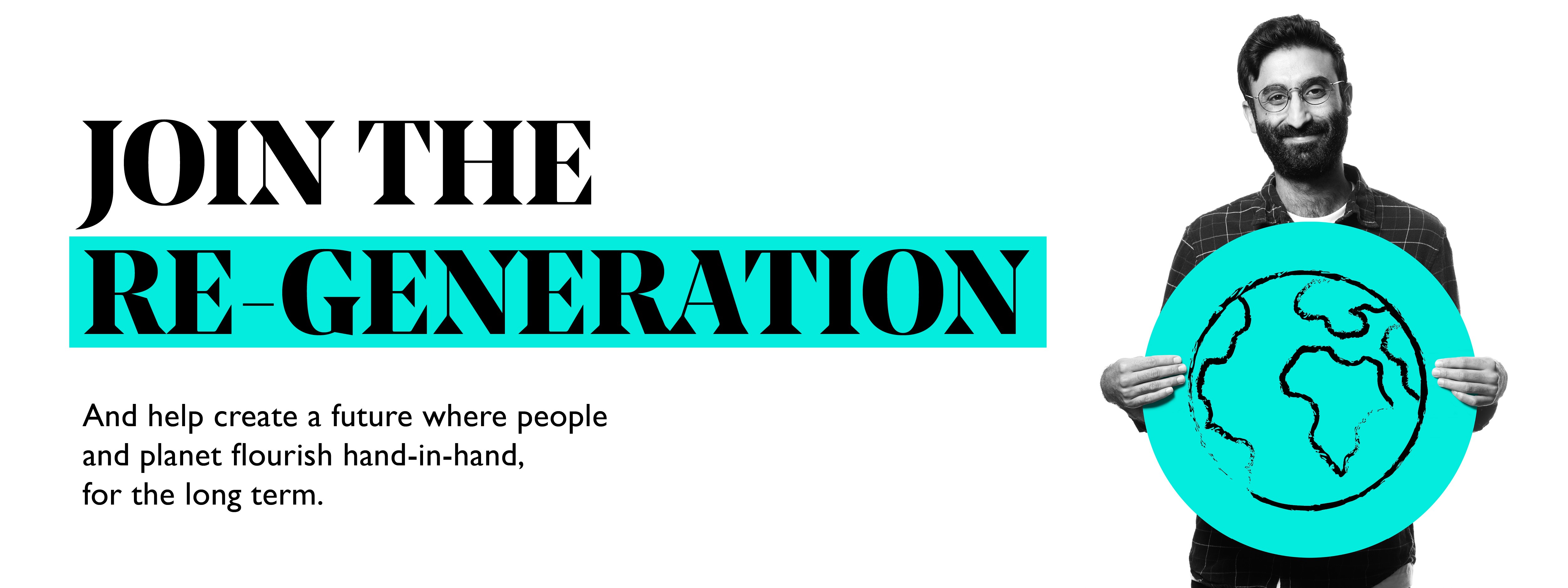
The future doesn’t just happen, it’s up to us to create it. As we face the challenges of climate change, inequality and environmental degradation, we know to simply sustain is not enough. We want to see a world where people and communities harness their potential to be sources of health and regeneration for all life on earth. Because people and planetary needs are intertwined, our problem solving should be too. We need to regenerate.
The RSA has been at the forefront of significant social impact for over 260 years. From championing early smokeless combustion technology to hosting the influential Food, Farming and Countryside Commission.
Discover Fellow-led COP26 related projects and find out more about how the RSA was involved with COP26.
And it is our intention to stay another 260. But to do so, we must face our current planetary crisis head on, and bring together the skill sets of our community to help shape an equitable future where all of us can thrive as part of the Earth’s ecology.
The Regenerative Futures programme brings people and ideas together to show how this could look, act and feel, through building awareness and capability and demonstrating in practice. We invite you to be part of this change.
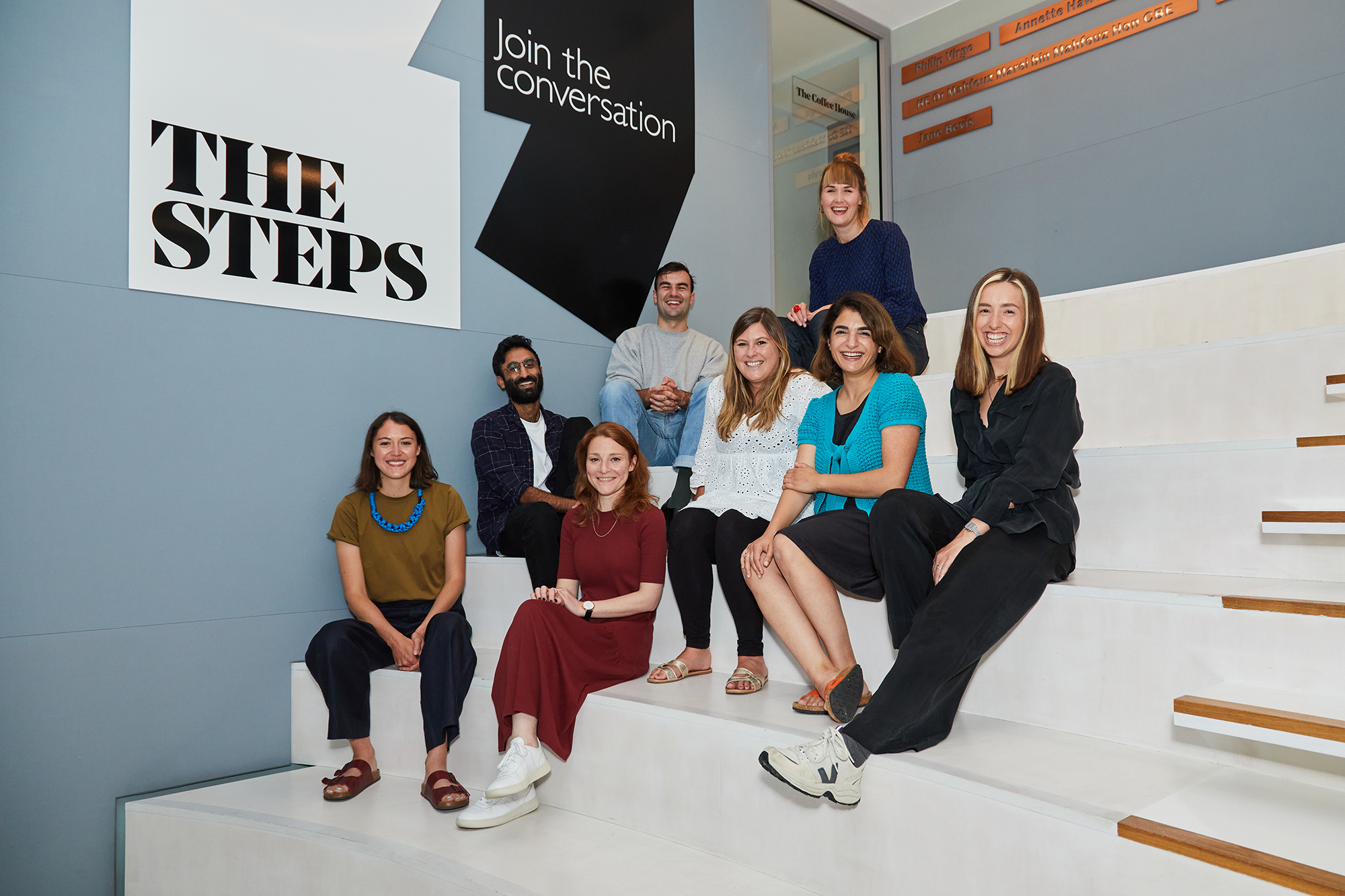
We are exploring 5 key entry points for change.
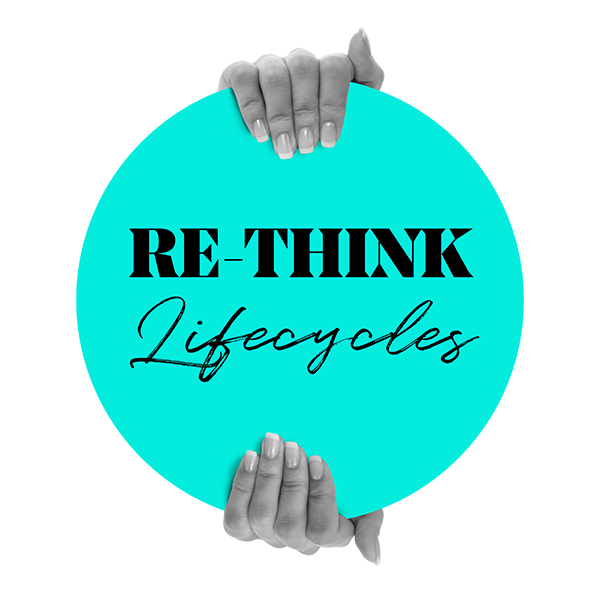
Today, product lifecycles, from materials extraction to consumption and disposal, are linear and drive waste, pollution and poor labour conditions.
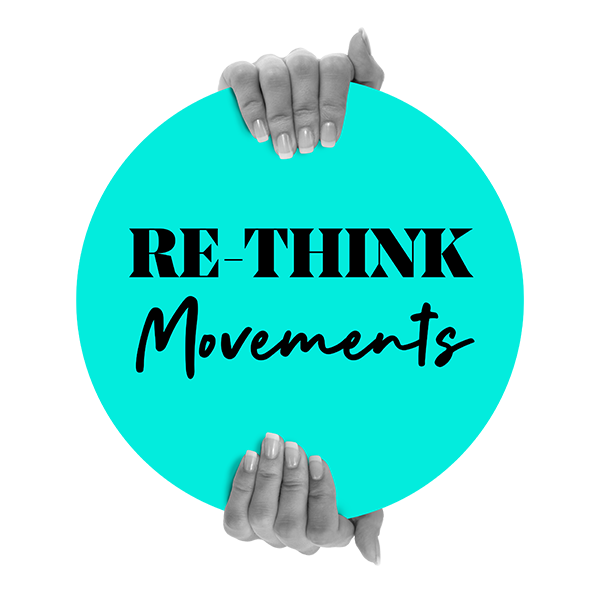
Today, despite a need for widespread collaboration for change, grassroots movements don’t always have the resources, power or capabilities to reach the tipping point needed for wider change.

Today, citizens are seen as only able to make change in fashion through individual buying choices. Their potential to be innovators and to influence and drive wider change remains unrealised.
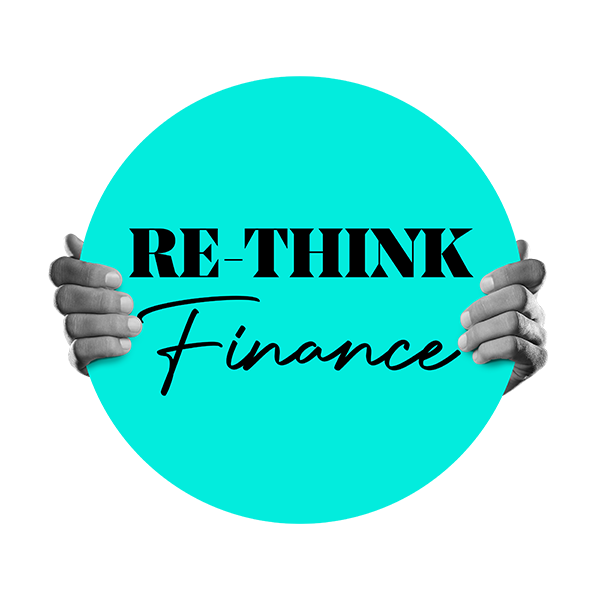
Today, our economy is underpinned by a financial system that prioritises growth to the detriment of other forms of value on which both humans and the living world rely.
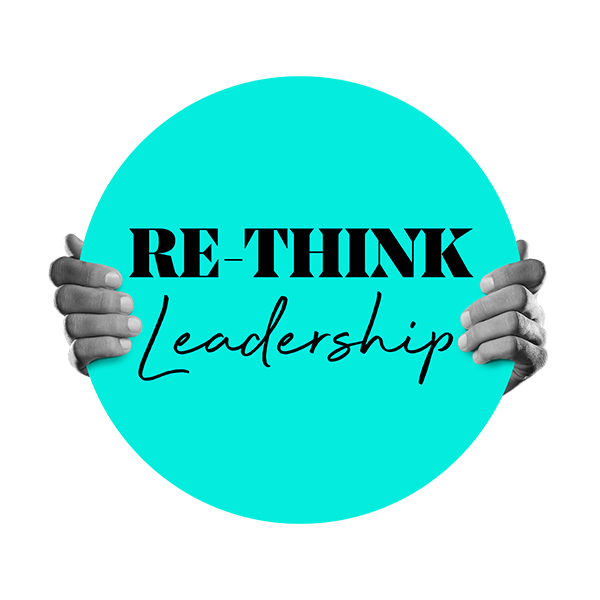
Today, having invested in a narrow definition of leadership, our leaders are not equipped with the capabilities needed to work with 21st century systems.
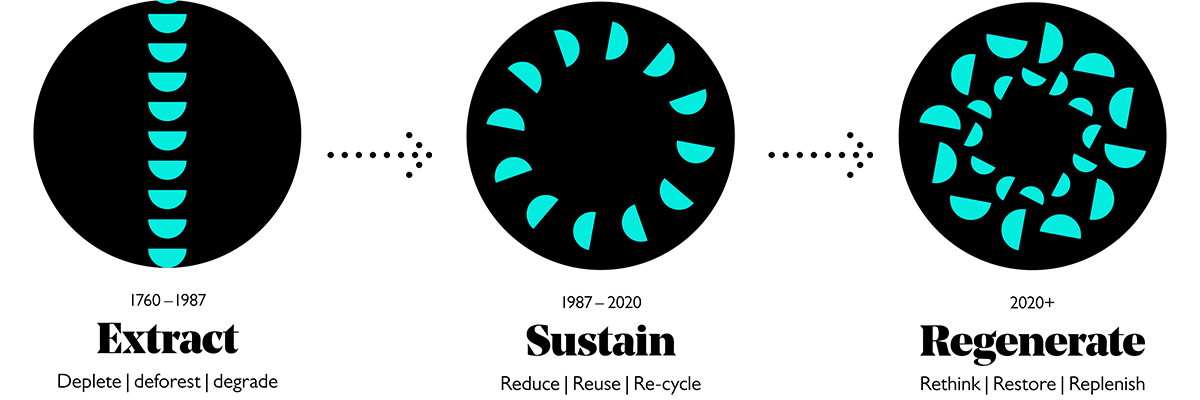
Human activity since the Industrial Revolution has put growing pressure on our planet, leading to environmental degradation.
As awareness of these challenges spread, we sought to ‘do less harm’ to the planet.
Now we seek to learn from Earth’s living systems and look to a regenerative future.
A collaborative learning journey helping to shape a regenerative future for fashion.
Could Leeds shape the future of fashion to be circular, where clothes are used more and made from safe and renewable resources?

This positioning paper explores ways in which taking a regenerative approach can help address the complex challenges of today. It looks at ways in which we can re-think our relationship with the planet and build a healthy ecosystem, as an interconnecting whole across environment, society and economy. It forms the foundation of the Regenerative Futures programme at the RSA.

Discover the core concepts behind the Regenerative Futures programme in this helpful one-page summary.
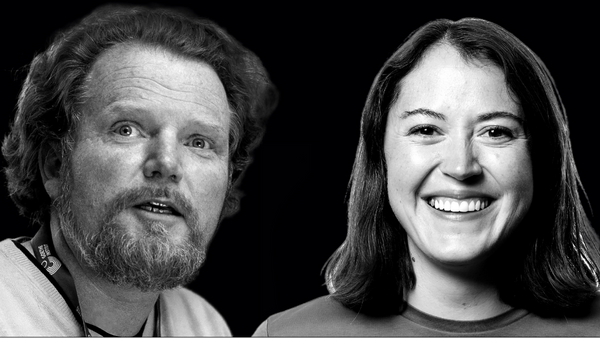
This podcast explores how regenerative approaches can help re-design communities, cities, and economies.
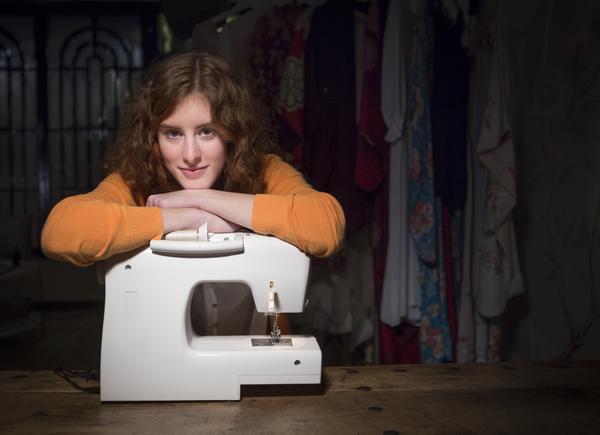
We analysed over 10,000 items of clothing from across some of the UK’s leading fast fashion brands, discover the findings.
Fellowship events
Online/Zoom